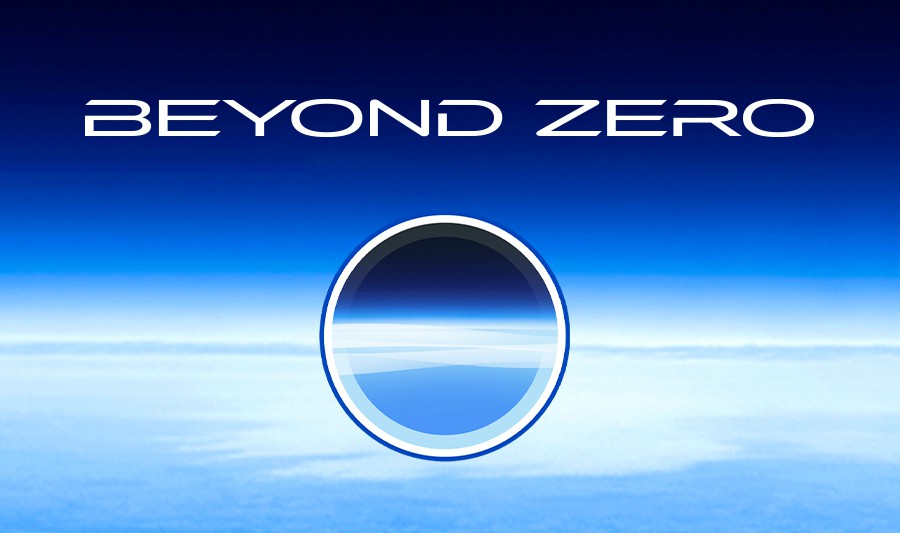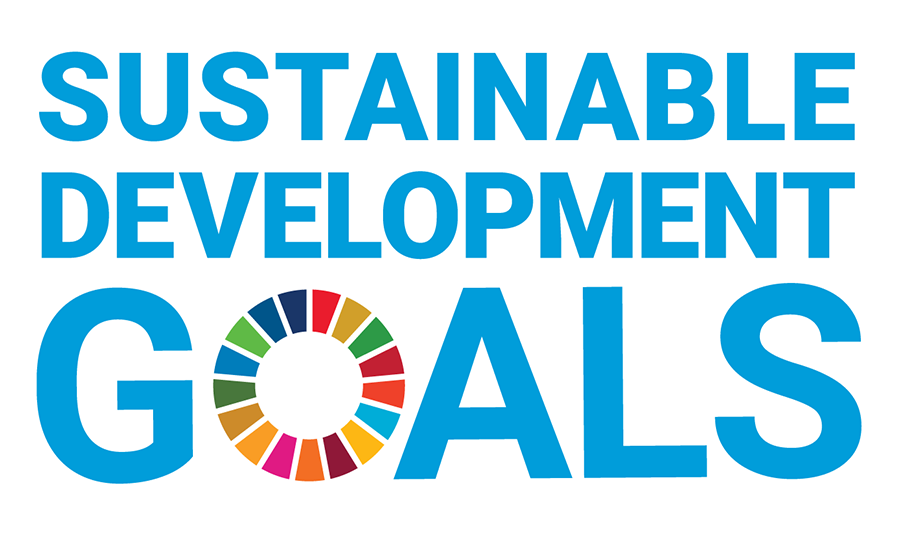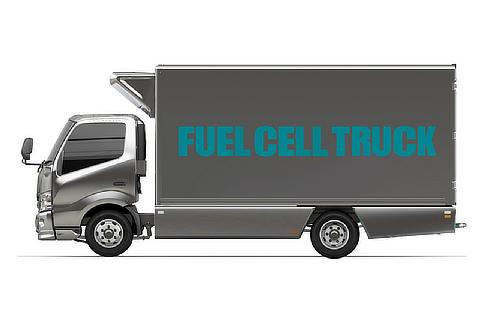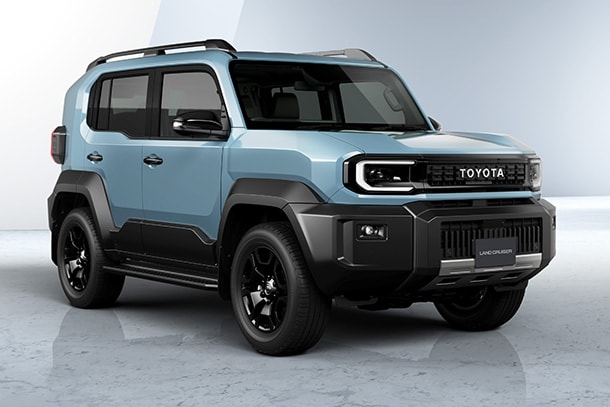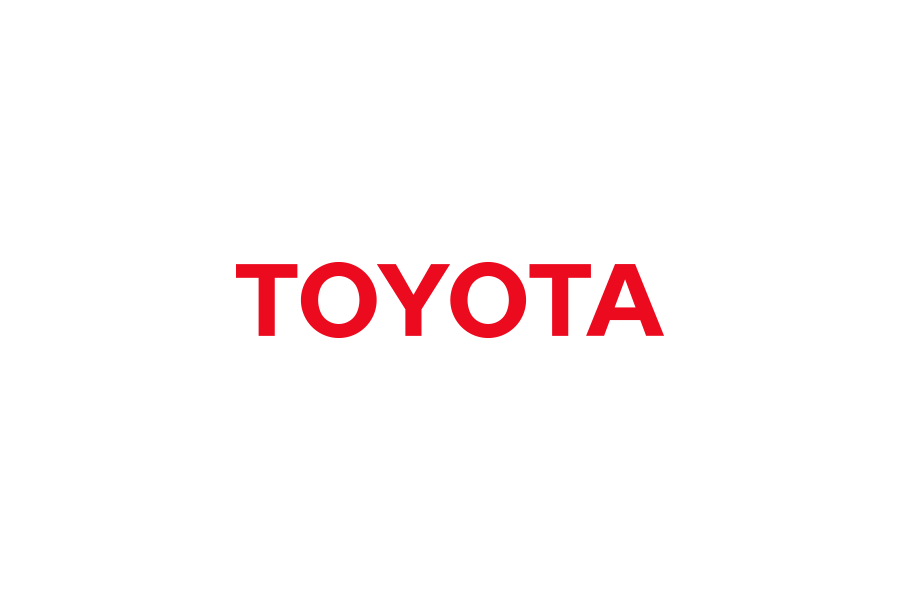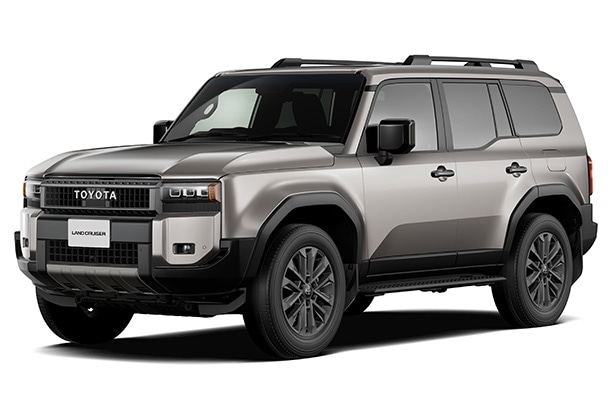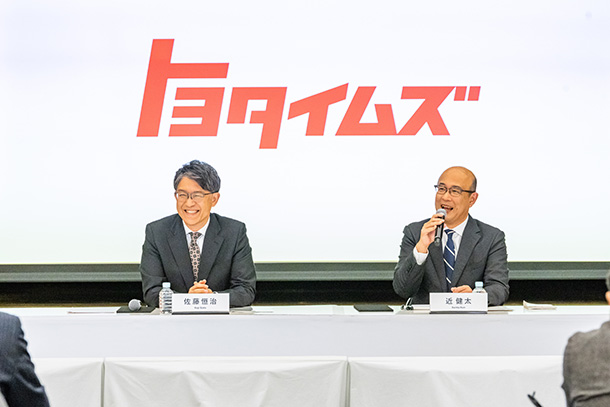Dec. 08, 2020
Toyota and Hino Launch Initiative with Seven-Eleven, FamilyMart, and Lawson to Introduce Light-Duty Fuel Cell Electric Trucks
FamilyMart Co., Ltd.
Lawson, Inc.
Toyota Motor Corporation
Hino Motors, Ltd.
Tokyo, Japan, December 8, 2020―Toyota Motor Corporation (Toyota) and Hino Motors, Ltd. (Hino), together with Seven-Eleven Japan Co., Ltd. (Seven-Eleven), FamilyMart Co., Ltd. (FamilyMart), and Lawson, Inc. (Lawson), have agreed to jointly consider introducing light-duty fuel cell electric trucks (light-duty FCETs), and to establish an environment for its widespread use in the future, targeting the realization of a sustainable society that takes into account global warming and energy diversification.
- In 2021, Seven-Eleven, FamilyMart, and Lawson will conduct a trial operation of light-duty FCETs (max. payload: 3 tons) jointly developed by Toyota and Hino, to verify its practicality and convenience as part of considerations for its roll out.
- In the evaluation of the trial operations, Seven-Eleven, FamilyMart, and Lawson will verify delivery by light-duty FCETs in logistics between multiple distribution centers and stores, to see whether or not continued trials are viable in 2022 and beyond, from the perspectives of businesses and the society.
- Following this, in 2022 and beyond, they will work to identify various issues relating to convenience, such as positioning of hydrogen stations, hydrogen supply, filling capability, and operating hours, in their actual use in the market, as well as the purchase of vehicles and cost of hydrogen fuel, toward future popularization.
- The parties will propose improvements in addressing these issues, and collaborate with the national and local authorities, and hydrogen station operators, to advance discussions on the necessary support and cooperative systems required to build effective mechanisms that lead to reduced CO2 emissions through the future widespread introduction of FCETs.
-

- Light-duty fuel cell electric truck (illustration)
Truck operations underpin the daily logistics of convenience stores that support people's daily lives. In particular, delivery trucks that distribute products such as pre-packed meals handle multiple delivery operations in one day, and are required to drive long distances over extended hours. Fuel cell vehicles that run on hydrogen, which has a higher energy density, are considered effective under such operating conditions that require them to have sufficient cruising range and load capacity as well as fast refueling capability. The cruising range for light-duty FCETs developed by Toyota and Hino will be set at approximately 400 km, aiming to meet high standards in both environmental performance and transport efficiency expected as a commercial vehicle.
To achieve growth in demand for hydrogen, hopes are held for the introduction of fuel cell commercial vehicles, such as trucks and buses, that use more hydrogen compared with passenger vehicles. With commercial vehicles, depending upon their intended use, it is also possible to know the driving range and to plan operations systematically, including handling of refueling with hydrogen. But issues still remain for their full-scale introduction, including reduction of vehicle price and the cost of hydrogen, and improvement of the convenience of hydrogen stations.
Given this situation, the five companies are making efforts to promote the establishment of an environment for the popularization of fuel cell vehicles, not only of light-duty trucks, but also of commercial and passenger vehicles. They also aim to collaborate with the national and local authorities, and hydrogen station operators, investigating various measures through the operation of light-duty FCETs in logistics settings, in order to tackle improvements and to resolve issues.
"Achieving zero, and adding new value beyond it"
As part of efforts to pass our beautiful "Home Planet" to the next generation, Toyota has identified and is helping to solve issues faced by individuals and overall society, which Toyota calls "Achieving Zero," hoping to help reduce the negative impacts caused by these issues to people and the environment to zero. Additionally, Toyota is also looking "Beyond Zero" to create and provide greater value by continuing to diligently seek ways to improve lives and society for the future.
- About Beyond Zero
- https://global.toyota/en/mobility/beyond-zero/
Toyota Motor Corporation works to develop and manufacture innovative, safe and high-quality products and services that create happiness by providing mobility for all. We believe that true achievement comes from supporting our customers, partners, employees, and the communities in which we operate. Since our founding over 80 years ago in 1937, we have applied our Guiding Principles in pursuit of a safer, greener and more inclusive society. Today, as we transform into a mobility company developing connected, automated, shared and electrified technologies, we also remain true to our Guiding Principles and many of the United Nations' Sustainable Development Goals to help realize an ever-better world, where everyone is free to move.
- SDGs Initiatives
- https://global.toyota/en/sustainability/sdgs/
